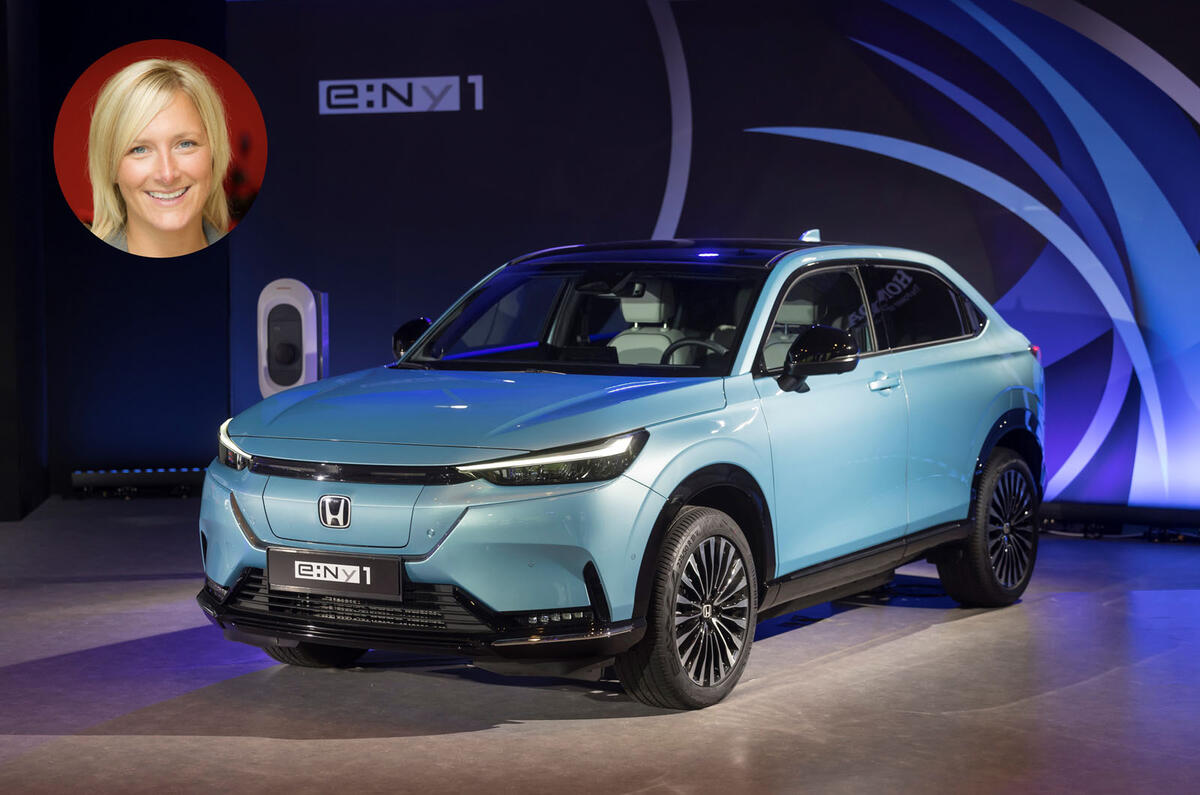When its new e:Ny1, ZR-V and CR-V crossovers go on sale later this year, Honda will have one of the newest fleets of any mass-market manufacturer in the UK, and the firm is tipped to quickly start building its EV portfolio out into more crucial market segments in a bid to keep pace with fast-electrifying rivals.
However, Honda’s targets in the UK centre on profit, rather than volume, and passenger car boss Rebecca Adamson has no plans to take the fight to best-sellers Volkswagen and Ford, or to chase the lofty six-figure volumes that Honda achieved at its peak here in 2007.




Add your comment